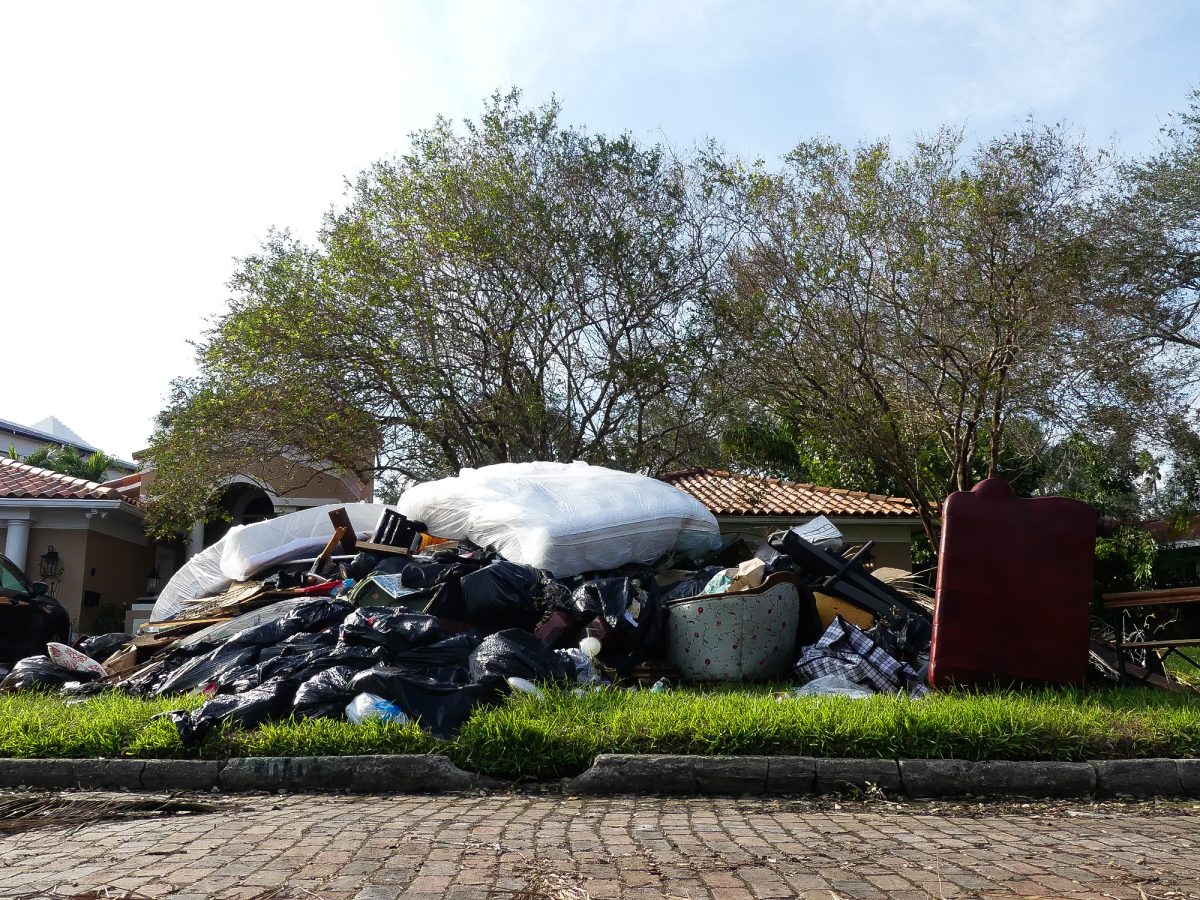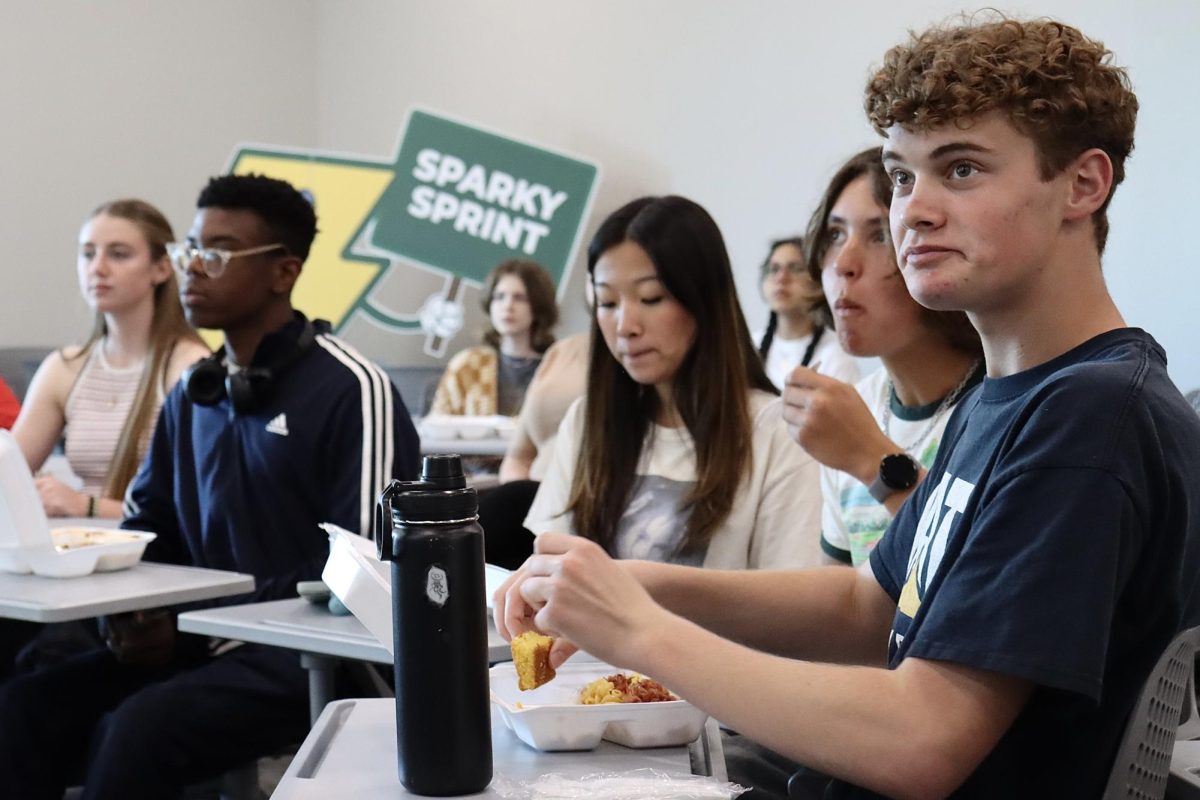Florida is home to three unique ecosystems respectively fostered by Florida’s three bordering bodies of water: the Gulf of Mexico, the Atlantic Ocean, and the Straits of Florida. Experiencing these unique environments was one of the main reasons why longtime Florida resident Dr. Ann Licht originally moved to the state, but those habitats are now facing dangers. “My natural wonderland [Florida] has turned into an urban wasteland,” Licht said.
According to the International Union for Conservation of Nature and Natural Resources, one million species on Earth are nearing extinction, over 1,550 of which are marine plant and animal species. But do not fear—conservation organizations are here and more than ready to help Florida protect their struggling marine ecosystems!
Many notable marine conservation organizations have headquarters located in Florida, including Tampa Bay Watch, the Sea Turtle Conservancy, and the Audubon Society. These organizations are dedicated to the protection of the environment Dr. Licht wishes to see again. Licht’s hopes are shared by eighth grade science teacher Kathryn Jeakle. Jeakle said, “Our [class’] watershed and water chemistry lesson dives deep into the history of the Tampa Bay water and connects policies like the Clean Water Act to actions taken by groups to improve and maintain a healthy watershed through outreach and restoration efforts.”
These Florida conservation efforts make the change Jeakle teaches in her classes. Martha Collins, President of Collins Law Group, an environmental law firm, said,“Environmental organizations help create better laws and fight bad policy choices either in court or through legislation. Environmental organizations are also key in educating the public and policy makers on key issues impacting the environment.” For example, Tampa Bay Watch established a program called Bay Grasses in Classes that allowed students to become more involved in protecting Florida’s biodiversity.
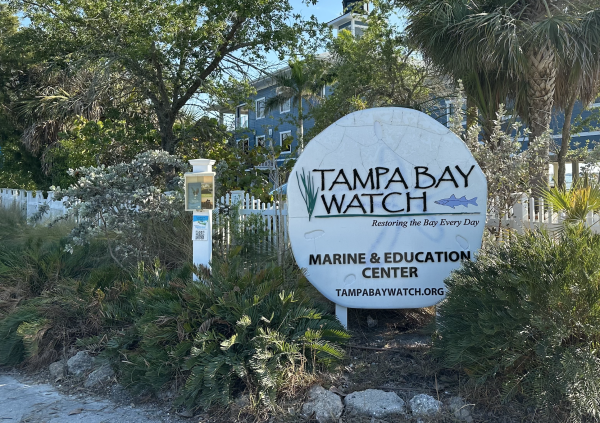
1,357 conservation organizations exist in Florida, but many are not well-known, such as the up-and-coming Clean Coast Initiative. The Clean Coast Initiative has hosted numerous beach cleanup events, some of which are partnered with Shorecrest. For example, they are hosting a beach cleanup on April 29th, 2023 at Upham Beach with Shorecrest that will help rid the seas of harmful debris.
Collins believes that these organizations are instrumental in Florida’s return to a healthy natural environment. She said, “Just like the environment—air, water, soil, oceans, etc.—works together, all of the environmental laws and organizations work together to keep the entire environment healthy.”
These organizations have done great work so far, but they cannot do it alone. Their marine ecosystem restoration programs allow participants to experience and learn the wonders of Florida’s natural habitats while helping save them. “The youth of Florida need more exposure to environmental issues and their possible solutions,” Jeakle said. “It does not need to stop with the youth, either…The adults that raise today’s youngsters need to be educated as well, so they can incorporate modern life with focus on maintaining a healthy environment that we can all enjoy.”


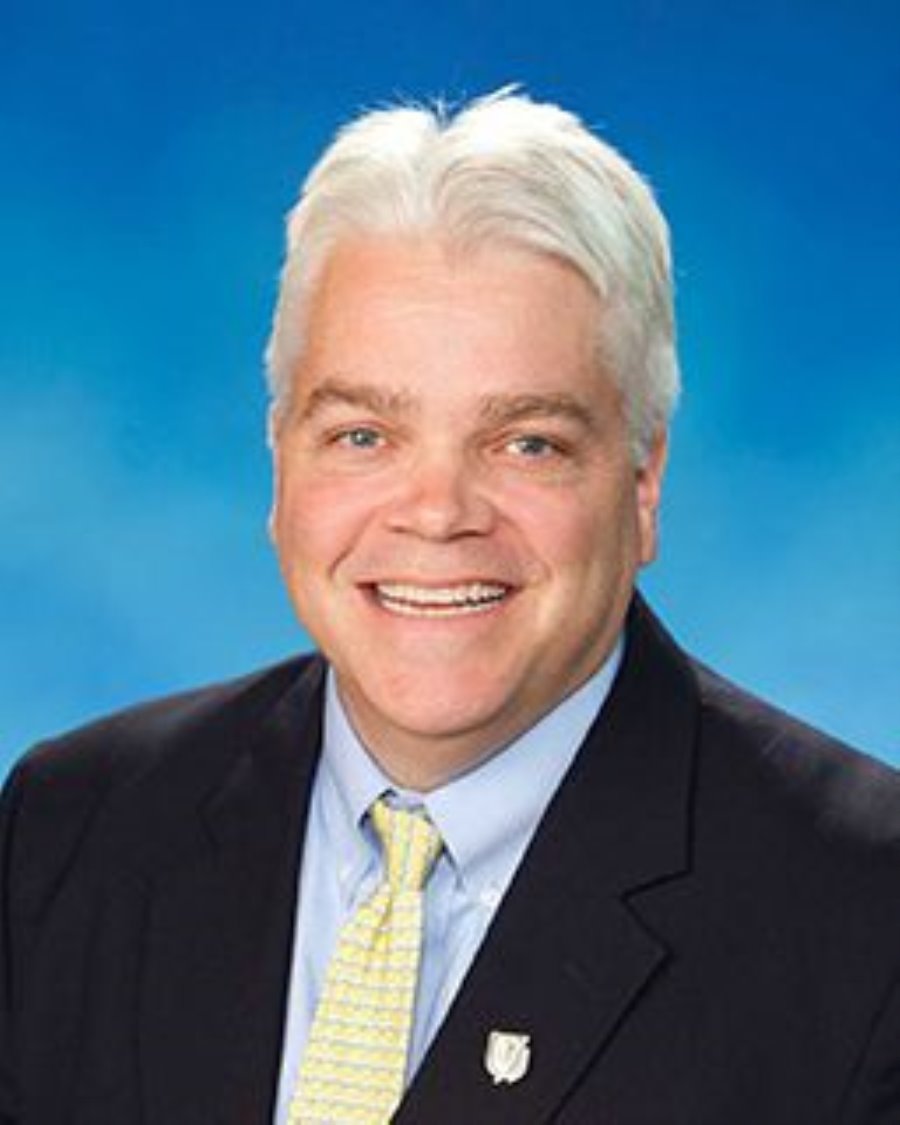
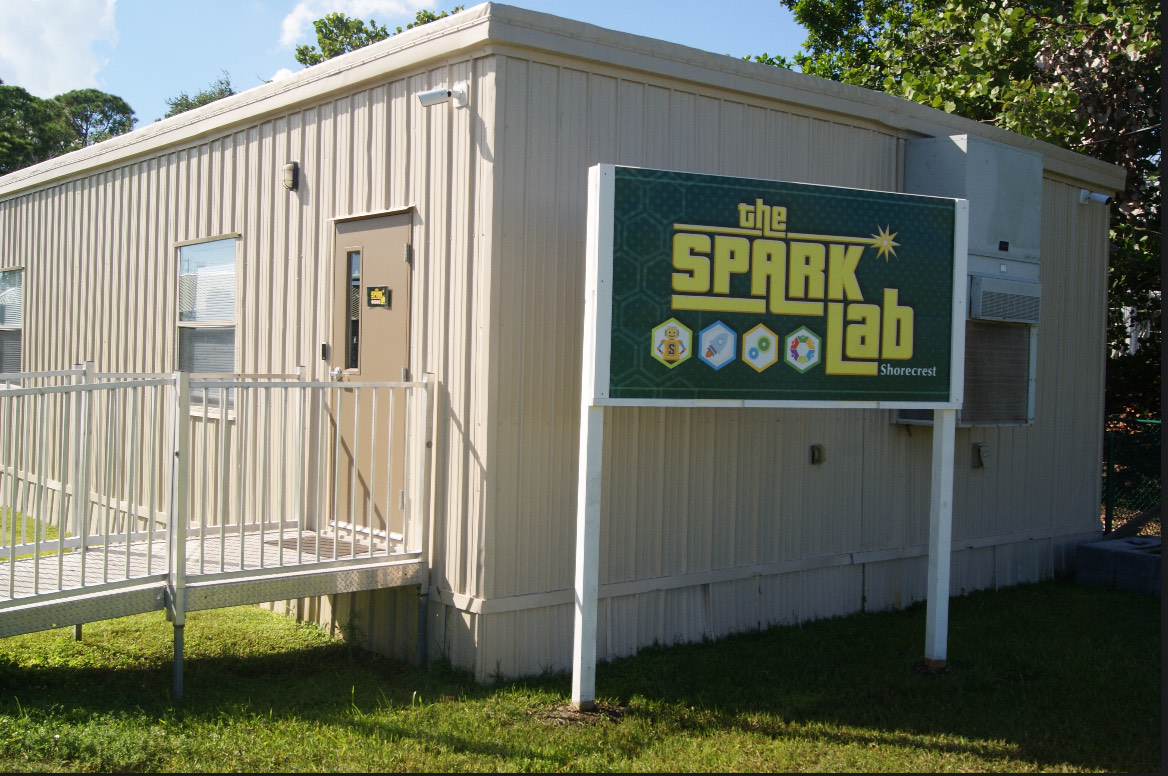








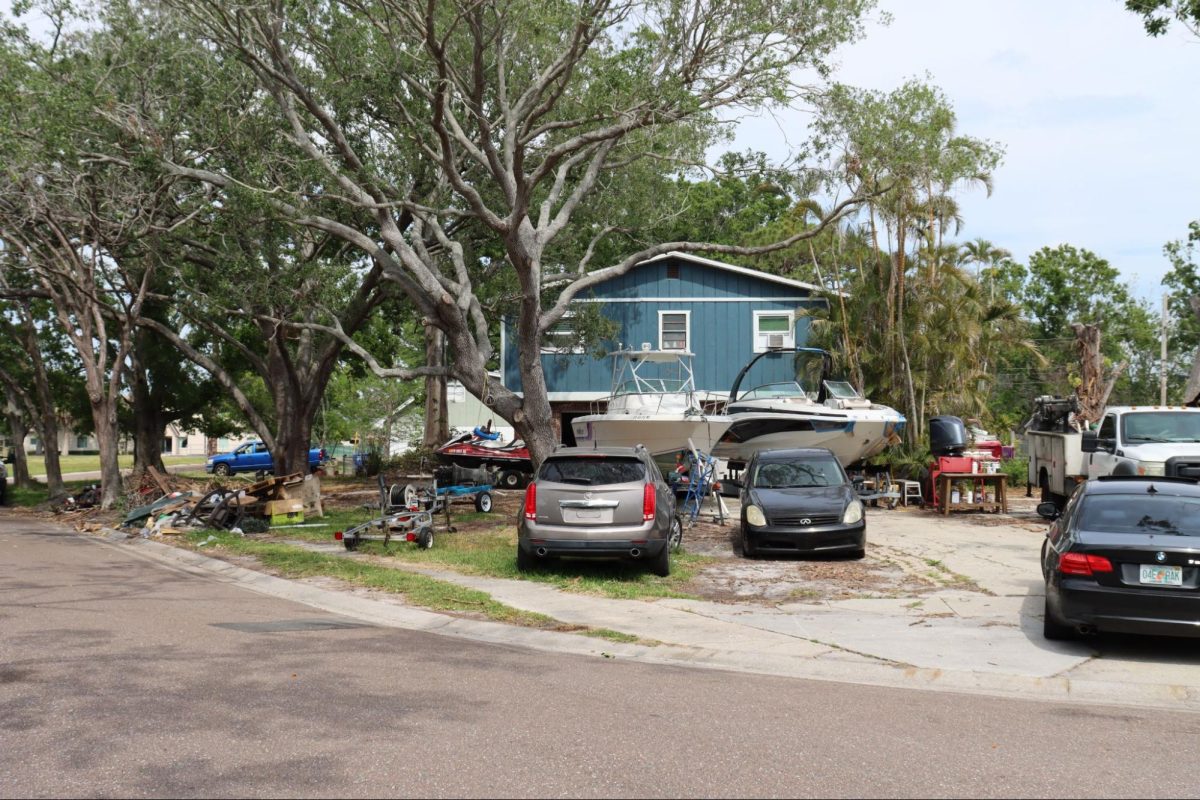




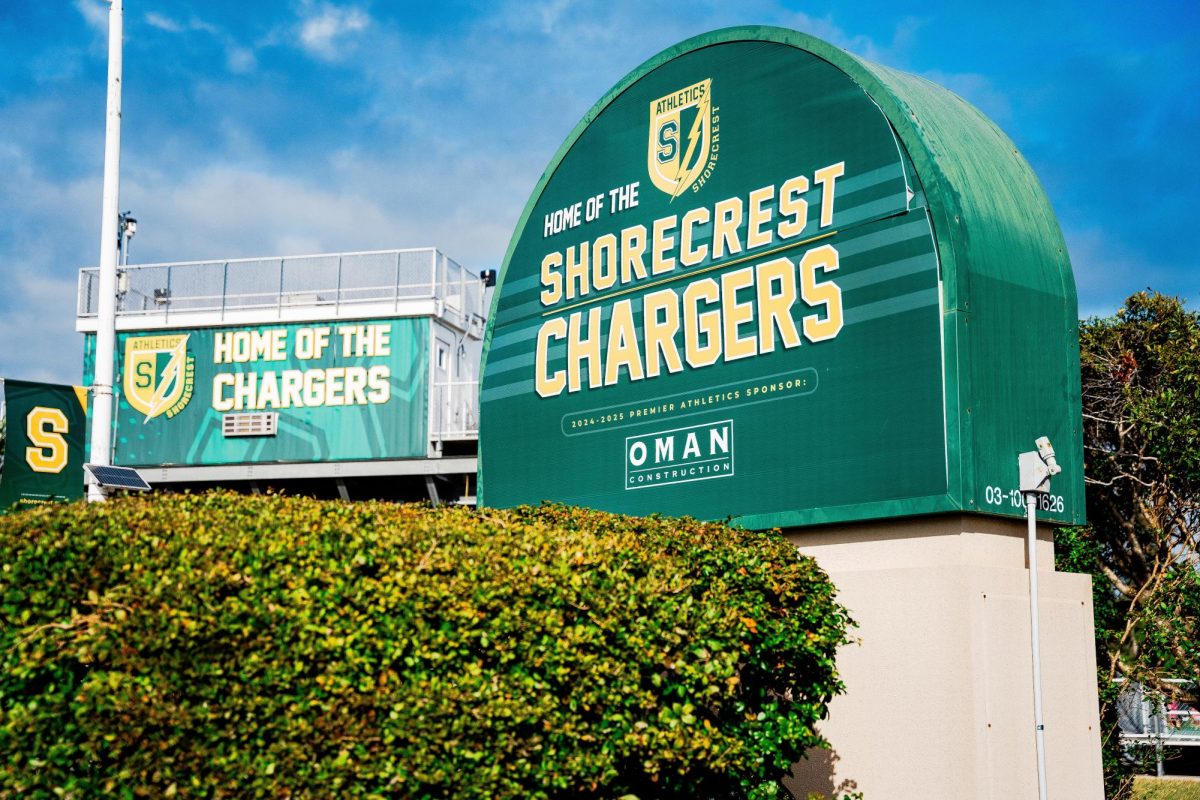








![Thespians pose on a staircase at the District IV Thespian Festival. [Front to back] Luca Baker, Maddison Cirino, Tanyiah Ellison, Alex Lewis, Summer Farkas, Jill Marcus, Ella Mathews, Sanjay Sinha, Isabella Jank, Sofia Lee, Boston Littlepage-Santana, Sally Keane, Tyler Biggar, Tanner Johnson, Jasper Hallock-Wishner, Remy de Paris, Alex Jank, Kaelie Dieter, and Daniel Cooper. Photo by Michael McCarthy.](https://spschronicle.org/wp-content/uploads/2024/12/image1-900x1200.jpg)

